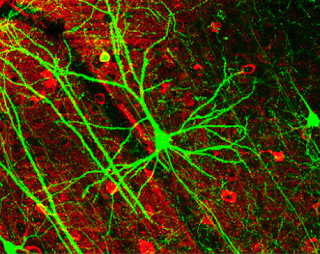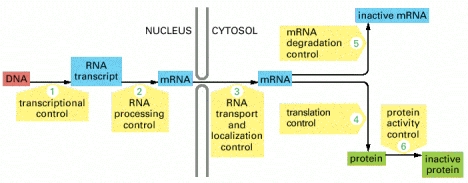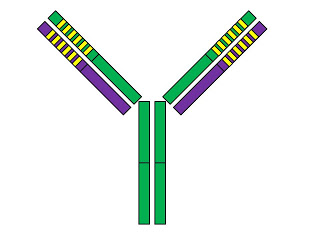by Chris Masterjohn The know-it-all? Or this curious little fellow? One of the most pervasive human traits is perhaps one of the greatest scourges of mankind — the inability to say “I don’t know.” There are some things we know quite well about genetics. Many “molecular traits” are rooted in single genes that are passed …
The New Genetics
The New Genetics — Part V: Is the Intestinal Microbiome Part of Our Genome?
Part V of The New Genetics Has the human genome project really been completed? One could argue that in fact it will not be completed until its sequel, the Human Microbiome Project, is completed. One set of authors referred to it as “another phase of the ‘human’ genome sequencing project.” The available evidence suggests that …

The New Genetics — Part IV: Who’s In the Driver’s Seat? How Cells Regulate the Expression of Their Genes
Who is in the driver’s seat? The gene, the cell, or the organism? It’s a complex question, and in a future post in this series, I’ll attempt to identify ideal metaphors we might use to understand this question. For now, I’d like to focus on how the cell utilizes its genes and controls their expression. …

The New Genetics — Part III: Genes Don’t Express Themselves
Part III of The New Genetics If we are to understand the role of genes within a living organism, the first thing we must understand is that genes, by themselves, are inert. Put a gene in a petri dish with all the nutrients needed to make a protein and it will do nothing. Nada. Genes …

The New Genetics — Part II: Some Biological Heredity Is Neither Genetic Nor Epigenetic
Part II of The New Genetics. I feel bad for the gene. Why? Well first, just take a look at his face. Why is Gene so sad? I think it’s because we’re always talking about him behind his back, saying things like “it’s genetic” and, “so-and-so has the gene for _____.” Because we decided who …

The New Genetics — Part I: How Our B Cells Create Their Own Antibody Genes
Among the cells of our immune system, the B cells make our antibodies. Each B cell makes a different antibody. We make an estimated one trillion different antibodies, giving us the capacity to respond to virtually any pathogen. Even more remarkably, each of these antibodies reacts with a variety of different antigens (an antigen is …
The New Genetics — Introduction
The rapid advance of the sequencing of the genome of humans and other species has revealed how little we actually understand about how our cells operate. Consider this passage from the fifth edition of Molecular Biology of the Cell (2008, p. 207): Accurate gene identification requires approaches that extract information from the inherently low signal-to-noise …